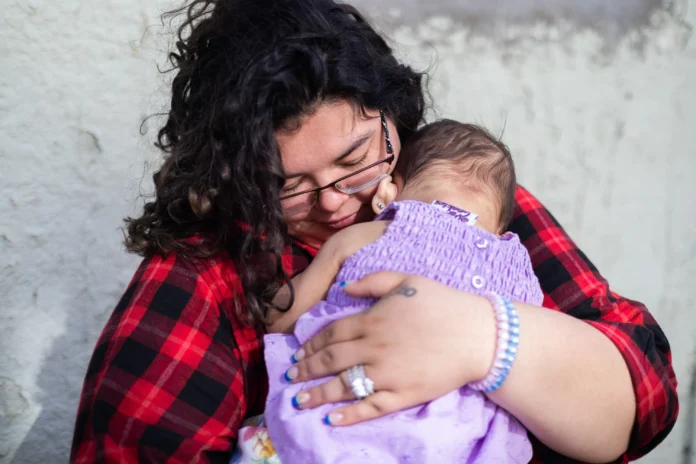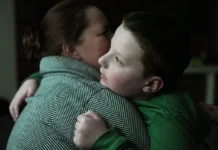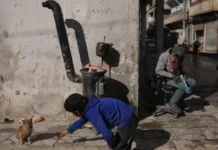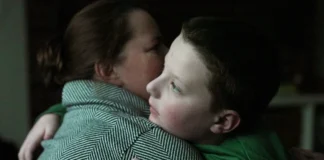The moment her daughter Zammi was born, Keira began counting the minutes. When a social worker finally arrived to take the newborn from her arms, she sobbed uncontrollably, whispering “sorry” to her baby. “It felt like a part of my soul died,” the 39-year-old recalls.
Keira is one of many Greenlandic families in Denmark whose children were removed by social services after they underwent a parental competency test, known as an FKU. These tests, now banned for use on Greenlandic families after decades of criticism, lie at the heart of a painful cultural clash.
The assessments, which can take months, include cognitive tasks, general knowledge quizzes, and personality tests. Defenders call them an objective tool in complex welfare cases. But critics argue they are culturally biased, administered in Danish rather than the Greenlandic language of Kalaallisut, and designed around Danish norms.
The stakes are disproportionately high: Greenlandic parents in Denmark are 5.6 times more likely to have children taken into care than Danish parents.
‘To see if you are civilised enough’
Keira’s 2024 assessment, conducted while she was pregnant, concluded she lacked “sufficient parental competencies.” She was asked questions like, “Who is Mother Teresa?” and “How long does it take for the sun’s rays to reach the Earth?”
She says she was criticized for not making enough eye contact with a doll. When she asked why, she alleges the psychologist told her: “To see if you are civilised enough, if you can act like a human being.”
This was not the first time the test had fractured her family. In 2014, her two other children were placed into care after a similar assessment.
A System Under Review, But Is It Enough?
In May, the Danish government announced a review of roughly 300 cases involving Greenlandic children. However, by October, the BBC found only 10 FKU cases had been examined, and not a single child had been returned as a result.
Furthermore, the review offers no hope for parents like Johanne and Ulrik, whose son was adopted in 2020. The government has stated it will not reopen cases where adoption is finalized.
The couple had 17 precious days with their premature son before authorities arrived with police to take him. “It was the happiest time of my life as a father,” says Ulrik, 57. “As I was dressing my son to hand him over… I felt the most horrific heartbreak.”
Johanne’s assessment labeled her “narcissistic” and as having “mental retardation”—diagnoses she fiercely rejects. She alleges that during a Rorschach test, when she said she saw a woman gutting a seal—a familiar image in Greenlandic culture—the psychologist called her a “barbarian.”
A Flawed Deciding Factor?
While authorities state the FKU is just one factor in their decisions, Isak Nellemann, a psychologist who once administered the tests, says their influence is decisive. “When the tests are bad, in about 90% [of cases] they will lose their children,” he states, arguing the tests were never designed to predict parenting ability.
In the meantime, Keira is allowed just one hour a week with her daughter, Zammi. Each visit, she brings flowers and sometimes traditional Greenlandic food, like chicken heart soup. “Just so a little part of her culture can be with her,” she says.
By James Kisoo



















